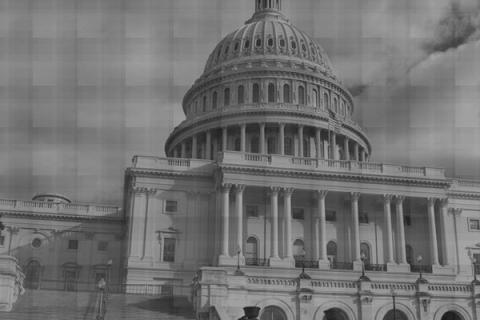 Credit: Calin Tatu / Shutterstock.com
Credit: Calin Tatu / Shutterstock.com
A bill being considered by lawmakers in California may bring increased accountability to oil companies who engage in fracking. Senate Bill 4 passed in the Senate with a 29-11 vote and is now in the hands of the Assembly.
What is fracking?
Hydraulic fracturing, or “fracking”, is the process of injecting a high-pressure mixture of water, sand, and other chemicals into the ground in order to fracture shale rock layers. The method releases natural gas from these subterranean areas of the earth that were previously unreachable.
The major opposition to fracking comes from the issue that up to 600 chemicals are used in the fluid mixture. These include some known carcinogens and toxins such as lead, uranium, mercury, methanol, and hydrochloric acid. The hazardous chemicals may cause contamination of well water used for drinking or irrigation in towns near oil wells.
There is also the risk that the waste from the mixture will evaporate into the air and cause atmospheric damage. Additionally, the extensive amount of water usage is a matter of contention, with estimates that up to 8 million gallons of water may be used for each fracking effort.
Fracking is currently a highly contested issue in California. According to a recent USC Dornslife and Los Angels Times press release, 45 percent of voters oppose an increase in the use of fracking in California. However, when presented with the fact that fracking could lead to the reduction of energy and gas prices, 56 percent of voters agreed that fracking should not be entirely illegal in California.
What is the bill?
The recently amended fracking bill, SB 4, has been moved to the Assembly where it will be considered over the following weeks. The bill’s goal is to provide transparency and accountability to the public in regards to fracking. It states that there is currently insufficient information available to fully assess environmental, occupational, and public heath risks of fracking.
The new fracking bill would require oil companies to furnish a comprehensive list of the chemicals used in fracking and their concentration, how much water was used in the process, and how the mixture was disposed of upon completion.
SB 4 would order the Secretary of the Natural Resources Agency to conduct a scientific study on fracking by January 2015. The bill would also impose random governmental inspections on fracking facilities.
A division will be formed who, in consultation with various government environmental regulation departments and local boards, will adopt rules and regulations specific to fracking. These will be implemented prior to January 2015.
How regulations on fracking would affect California citizens?
SB 4 will allow individuals to proactively deal with local fracking hazards. Citizens worried about the effects of fracking on their well water may request the regional water quality control board to perform water quality sampling to test the water’s suitability for drinking or irrigation purposes. The tests will look at the water measurements prior to the introduction of fracking compared to the post-fracking water.
The bill would also call for considerable examinations into the realities of fracking over the next few years, with that information posted publicly. A realistic outlook on fracking should be brought to light between the disclosure requirements for companies engaged in fracking and the comprehensive government study. This will allow voters a pragmatic perspective when future ballot issues involving fracking are brought up.
